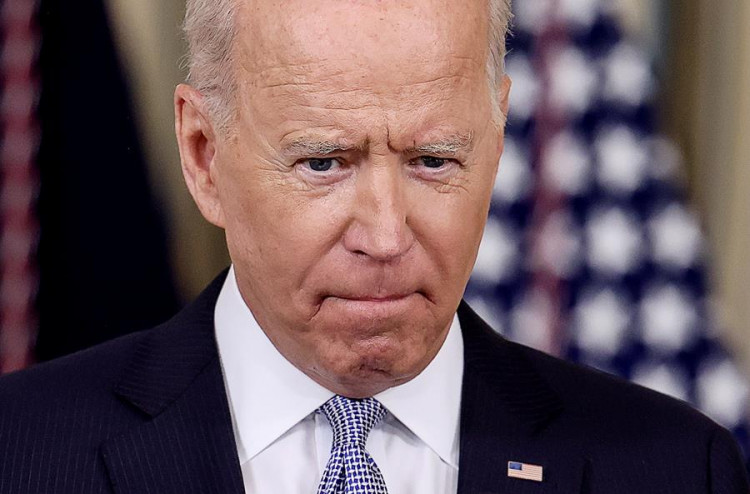The U.S. has placed a slew of sanctions on Russia in response to its invasion of Ukraine, including sanctions against its central bank, major lenders, and President Vladimir Putin, among others, while stating that all possibilities for further action are on the table.
But what are sanctions exactly, and how do they work in practice? And, most importantly, will they have any significant impact?
What are sanctions, exactly?
Sanctions are coercive measures that can be used in state-to-state diplomatic, economic, and cultural interactions. They are usually non-military in nature and are imposed by one nation against another (unilateral sanctions) or by an international organization like the United Nations (collective sanctions).
Historically, actions have ranged from broad penalties to more targeted prohibitions on trade in specific products such as weaponry, lumber, or diamonds.
Some sanctions have restricted specific activities deemed beneficial to a target, such as diplomatic, sports, and cultural interactions, as well as travel.
They've also targeted specific persons and groups that constitute a threat to peace and security, such as political leaders, rebel groups, and terrorist organizations.
What sanctions are now being imposed on Russia?
The U.S. and the U.K. have imposed unilateral sanctions on Russia's two largest banks, Sberbank and VTB Bank. They have also frozen the assets of important Russian oligarchs and banned their travel. Australia and Canada have followed suit.
Germany has hinted that it would abandon the Nord Stream 2 Baltic Sea gas pipeline project, which was intended to treble the flow of Russian gas directly to the country. Poland, the Czech Republic, Bulgaria, and Estonia have all restricted their airspace to Russian flights.
Due to Russia's veto power as a permanent member of the UN Security Council, the Security Council will be unable to impose any penalties. Indeed, Russia has already used its veto authority to stop a resolution denouncing the invasion of Ukraine.
The EU, on the other hand, has promptly implemented asset freezes and travel restrictions that prevent named persons from entering or transiting through EU territory.
Sanctions against 555 Russian individuals and 52 entities have been imposed by the EU, including 351 members of the Russian State Duma who endorsed the war against Ukraine.
Since then, the EU has enacted new sanctions, including ones that directly target President Putin and Foreign Minister Lavrov.
The EU has also agreed to suspend a number of Russian banks from the SWIFT banking system, which connects the world's banks, in collaboration with the U.S. and the U.K.
In addition, unprecedented diplomatic measures have been imposed by the Council of Europe in Strasbourg. Russia's right to participate in the Committee of Ministers and the Parliamentary Assembly has been suspended.
How will these sanctions hurt Russia?
The sanctions already announced are significant in size and scope, and the Russian economy is already suffering from the effects of war. The sanctions could further destabilize the Russian stock market, deflate the ruble's value - which hit an all-time low on Thursday - and make doing business in Russia more difficult in the long run.
"This is going to impose severe cost on the Russian economy, both immediately and over time," President Joe Biden said. "We have purposely designed these sanctions to maximize a long-term impact on Russia, and to minimize impact on the United States and our allies."
The sanctions will prevent nearly $1 trillion in Russian banking assets from moving through the financial systems of the U.S. and its allies. The sanctions also impose restrictions on technology exports to Russia, putting pressure on the country's tech industry.
The sanctions on Russia are among the most severe ever imposed on Moscow, but the delayed pain they inflict may not be enough to dissuade President Vladimir Putin from intensifying his invasion of Ukraine, experts say.
s






